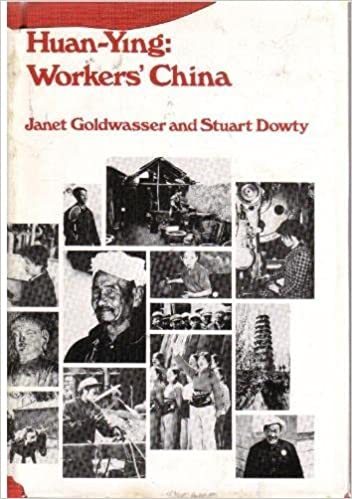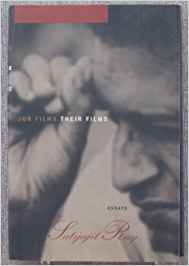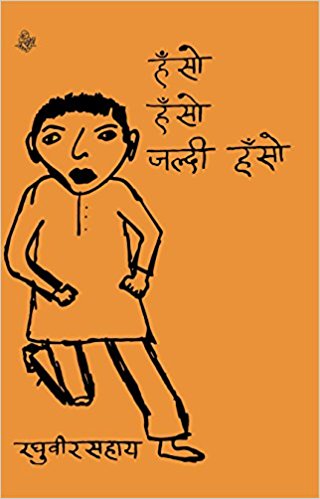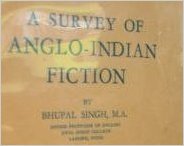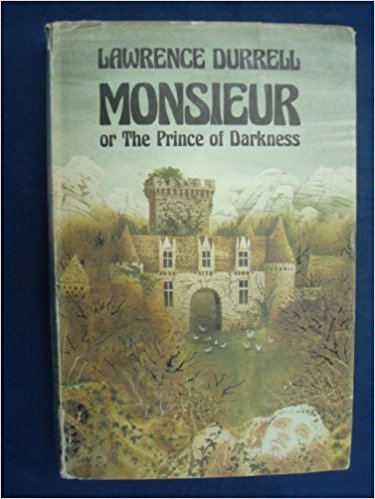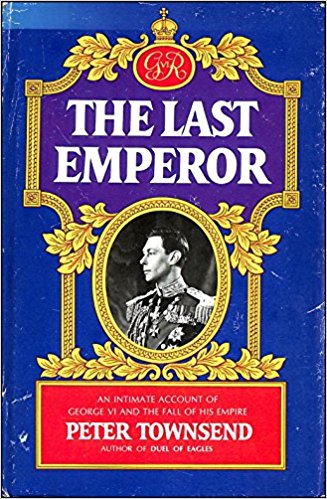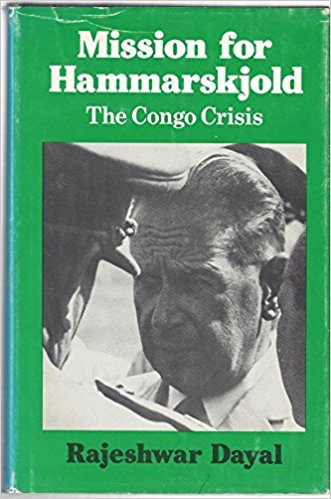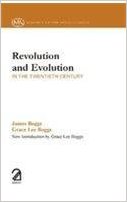Oscar Wilde said of Hall Caine that the latter always wrote at the top of his voice. This is a charge which can never be made against K.P.S. Menon. He does not create any problems of decibel tolerance to his readers. His own style of writing is perfectly modulated, controlled and decorous…
Archives
October 1976 . VOLUME 1, NUMBER 4No city in India commands a greater mystique than Calcutta. No city except Varanasi has so doggedly clung to its ‘character’ as has the city of Calcutta. It fascinates as well as horrifies visitors from abroad; it inspires hatred as well as love. Till today it is man’s most unplanned metropolis; it has more people…
Even though there has been a slight slump in the flow of American visitors to China in recent months, the travel accounts of the period of the ‘China Rush’ from 1971 till 1973 continue to pour out. One type of account coming from the American radicals of the anti-war campaigns seems to show their radical utopia emerging in China…
A relatively late arrival in the sphere of applied economics, the new branch of urban economics has grown at a phenomenal rate—at least in terms of the volume of literature. But unfortunately not many among the growing number of new volumes on urban economics have much to say…
There already exist two full-length studies on Satyajit Ray: a biographical study by Marie Seton and Robin Wood’s Apu Trilogy. But Orient Longman’s expensively brought out Our Films, Their Films is a rare book-a noted film-maker’s musings about himself, his craft and about other film makers….
The book under review is part of the ‘India Library’ series not ‘learned treatises on Indology, nor meant to be reference works … ‘ but’ … to give encyclopaedic, compressed information on each subject’. As such, this book is a simple plebian attempt to undergo a journey into Raga—the sound of Indian music…
National Centre for the Performing Arts, Bombay deserves all praise for devoting the September 1975 issue of their quarterly journal to Muttuswami Dikshitar, whose 200th birth anniversary was observed with eclat all over the country last year. As rightly pointed out in the Foreword, Dr. Raghavan is eminently suited to be the author of this venture…
This is Raghuvir Sahai’s third volume of poems. His two previous ones: Seedhiyon Par Dhoop Mein (1960) and Atmahatya Ke Viruddha (1967) have already established him as a major Hindi poet of the post-sixties.
Anglo-Indian fiction has generally interested non-Indians more than Indians, hence it is appropriate that Bhupal Singh’s pioneering work should achieve a new impression under the joint imprint of Curzon Press (London) and Rowman & Littlefield (Totowa N.J.)…
It has long been acknowledged that Browning is one of the poets best served by severe selection. The task of the editor who wishes to present the best of Browning is made easier by the fact that Browning’s work falls naturally into three periods, of which the middle one might be said to contain almost all his best work…
Monsieur fascinates, is full of many interesting possibilities, yet does not quite succeed. Durrell, sadly, does not develop more fully the many curious, inter-linked themes that he interjects along the tortuous way of this novel within a novel. In fact, one often gets the feeling that Durrell himself—like most of his characters…
1976
In India one does not choose and adopt a philosophical system; one is born into it and grows up in it. This may sometimes prove a disadvantage, for it is not easy for the leopard to change its spots. If Dr. Ramachandran’s earlier work on The Concept of Vyavaharika in Advaita Vedanta was a model of lucidity and precision…
One of the chief manifestations of the Hindu preoccupation with purity and pollution is in rela- tion to food and its preparation. This is particularly the case with the orthodox among the higher castes. R.S. Khare in his detailed study of the eating habits of nine selected caste groups in the Lucknow-Baiswara…
I am text block. Click edit button to change this text. Lorem ipsum dolor sit amet, consectetur adipiscing elit. Ut elit tellus, luctus nec ullamcorper mattis, pulvinar dapibus leo.Then follows an account of the early phase of the evolution of Muslim politics in Bengal between 1905-1935…
1976
Sub-titled Decline and Fall of the British Empire, this book, by an ex-officer of the Royal Air Force who was an equerry of King George VI, is by any standards a remarkable book—full of information, political insights, and written in a most readable style. The author who from the vantage point of Buckingham…
Dag Hammarskjold and the Congo Crisis are both fascinating subjects, joined together by the United Nations connection. Either would merit a book in itself by Rajeshwar Dayal who had an intimate knowledge of both. But in choosing to write on his ‘mission for Hammarskjold’, Dayal hardly…
The authors of this book, Wilfred Burchett, an Australian, and Rewi Alley, a New Zealander, are no strangers to China. Burchett spent 19 years in S.E. Asia and China, and Rewi Alley first went to China in 1927. He stayed to witness, and to participate in the momentous events that encompassed…
International developments have been unfolding with such rapidity in the second half of the present century that any attempt to survey them is in danger of being outdated between the time of its writing and its presentation to the reader.This is particularly true of the Third World in which phenomenal changes…
It was perhaps too much to hope that under this grandiose title, M.R.P. would publish material of serious historico-analytic worth. Be that as it may, the Boggs have merely offered the world yet another example of the populist moral science that characterizes much of American radicalism today…
1976
Ernst Fischer is best known to English-speaking readers for his brilliant study in Marxist aesthetics The Necessity of Art. This book, an autobiography covering the first forty-five years of his life, is concerned mainly with his political activities. But the book is much more than an autobiography…
At a time when sociology has come to be dominated either by convoluted ways of stating the obvious or tortuous and pseudo-mathematical elaborations of dubious methodologies—often, indeed, by excruciating combinations of the two—Peter Berger’s book is to be lauded as an attempted return to sanity…


